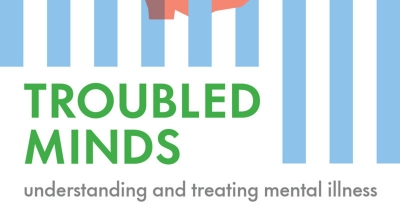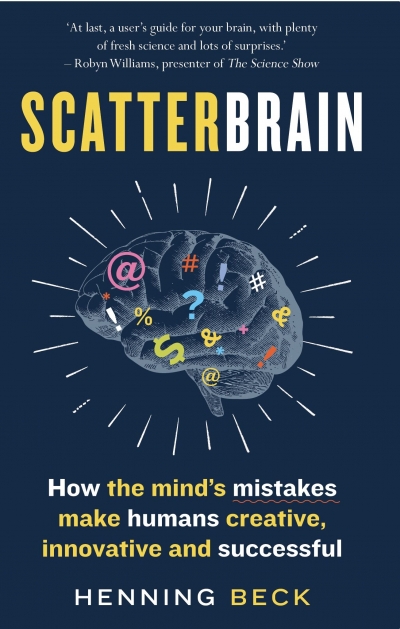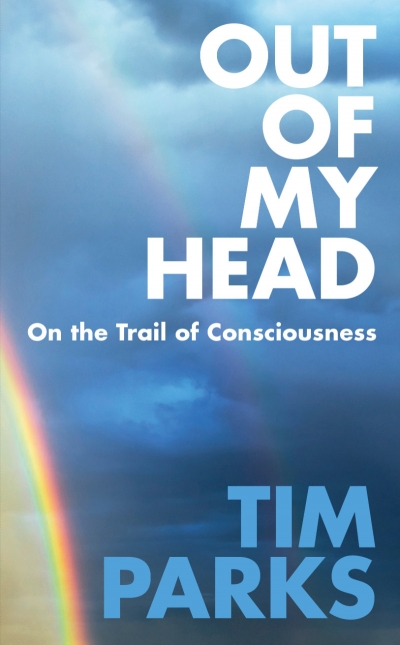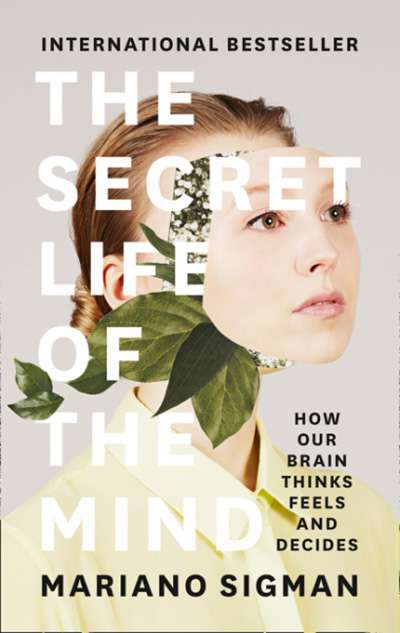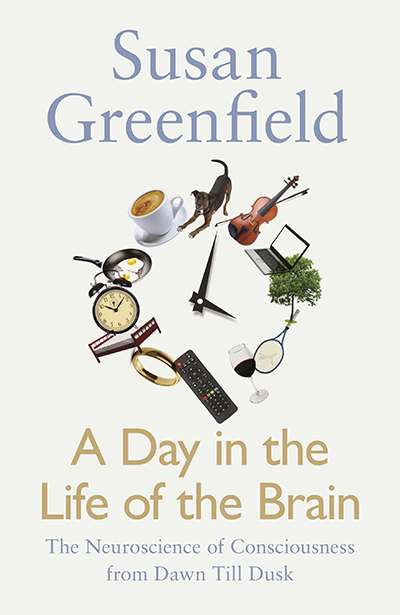Nick Haslam
Troubled Minds: Understanding and treating mental illness by Sidney Bloch and Nick Haslam
by Jennifer Harrison •
Scatterbrain: How the mind’s mistakes make humans creative, innovative and successful by Henning Beck
by Nick Haslam •
The Gendered Brain: The new neuroscience that shatters the myth of the female brain by Gina Rippon
by Nick Haslam •
The Lost Boys: Inside Muzafer Sherif’s Robbers Cave experiment by Gina Perry
by Nick Haslam •
The Secret Life of The Mind: How our brain thinks, feels, and decides by Mariano Sigman
by Nick Haslam •


